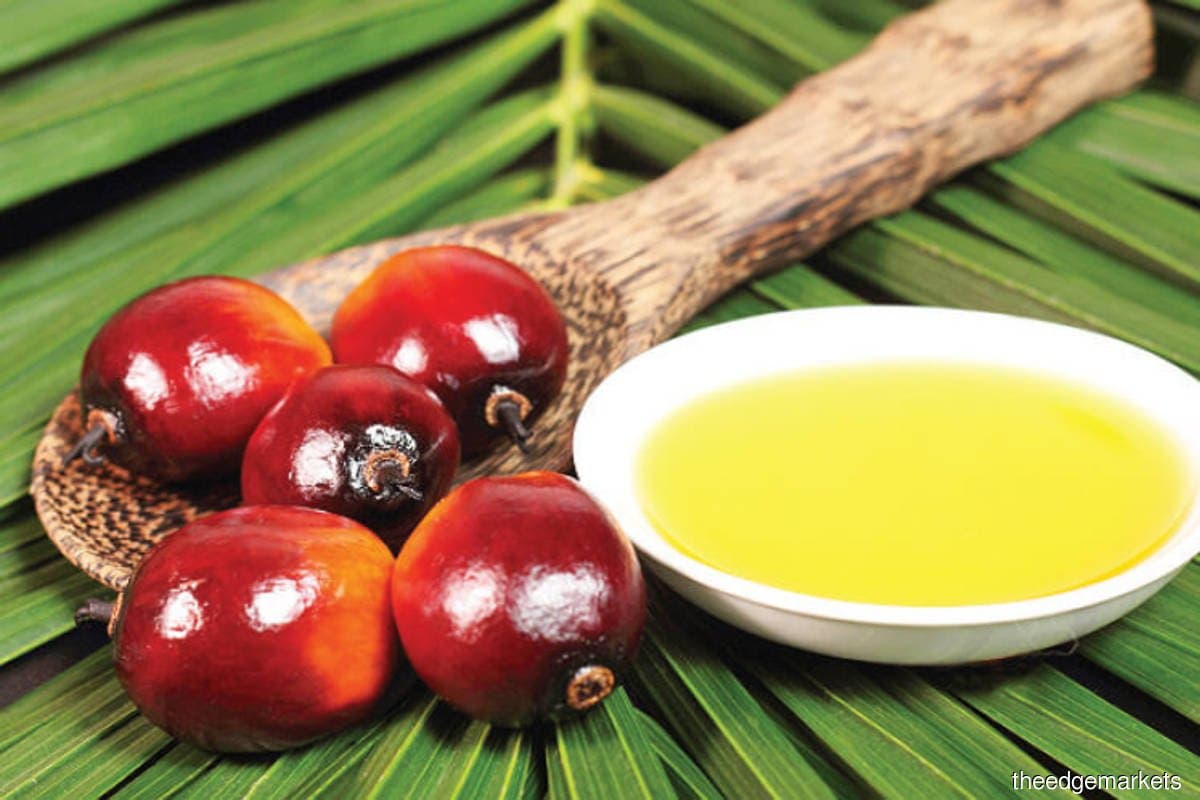
KUALA LUMPUR (March 8): Palm oil-producing countries must find ways to increase palm oil production sustainably in overcoming projected global shortages, according to the Council of Palm Oil Producing Countries (CPOPC) executive director Tan Sri Datuk Dr Yusof Basiron.
Speaking at the 2022 Palm & Lauric Oil Conference (POC2022) on Tuesday (March 8), Yusof said reduced expansion of oil palm plantations in recent years has caused shortages which lead to high prices affecting consumers globally.
“Palm oil is still the most sustainable crop to plant to meet the future demand for oils and fats to feed the growing world population.
“It (palm oil) is the most suitable crop to plant with minimal conversion of degraded forest land where the land carbon stock will be re-established by the oil palm as a tree crop,” he revealed.
He added, the palm oil industry is well organised to meet future challenges and highlighted that technology and modernisation will transform the industry entirely.
On the environmental impact, he shared that the supply chain of sustainable palm oil can be 100% traceable based on blockchain technology which could not be done by any other type of oils.
“Palm oil production is far more environmentally friendly than other competing oils. It starts with the high yield of palm oil, making it less land-intensive compared to other oils.
“As a tree crop planted on our agricultural land, the oil palm plantations are a net sequester of carbon dioxide. Oil palm like the plantation forest will help countries to achieve net-zero emissions faster.
“Oil palm crop is the most contributive to the attainment of sustainable development goals (SDG) objectives; 13 out of 17 SDG goals are positively impacted by palm oil. No other oil crop can claim such a feat,” he added.
Read also:
Cooking oils have more room to rally as war deepens supply fears
Russia-Ukraine crisis: Palm oil likely the solution to shortage of frying fat, says CPOPC
MPOB: CPO price has peaked, projected to decline in near term
Muhamad Umar: Malaysia's 2022 CPO production began strong despite ongoing economic volatilities
Govt needs to introduce carbon tax mechanism to facilitate nationwide B20 biodiesel plan, says industry expert